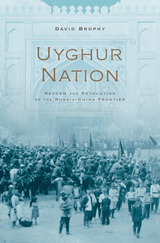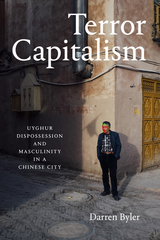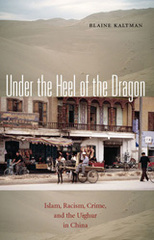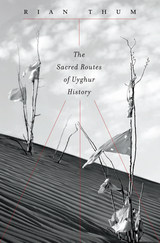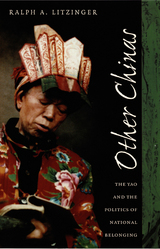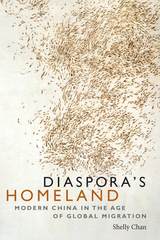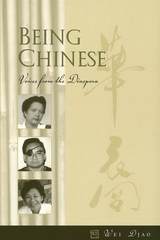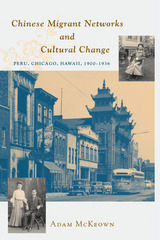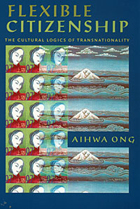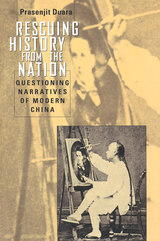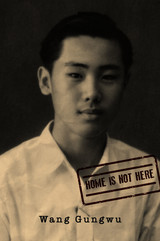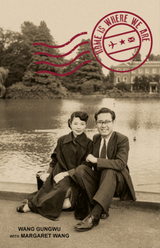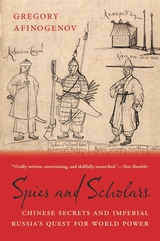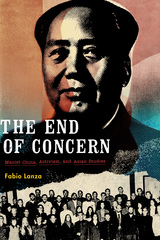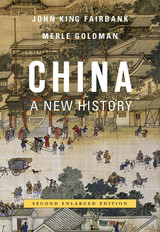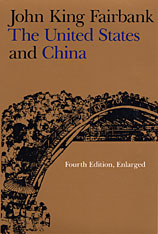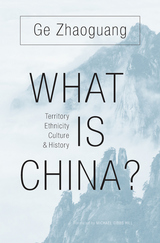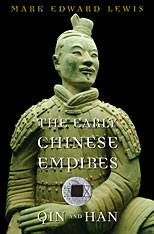Cloth: 978-0-674-01777-1
Library of Congress Classification DS734.7.L485 2007
Dewey Decimal Classification 931.0072
The past becomes readable when we can tell stories and make arguments about it. When we can tell more than one story or make divergent arguments, the readability of the past then becomes an issue. Therein lies the beginning of history, the sense of inquiry that heightens our awareness of interpretation. How do interpretive structures develop and disintegrate? What are the possibilities and limits of historical knowledge?
This book explores these issues through a study of the Zuozhuan, a foundational text in the Chinese tradition, whose rhetorical and analytical self-consciousness reveals much about the contending ways of thought unfolding during the period of the text's formation (ca. 4th c. BCE). But in what sense is this vast collection of narratives and speeches covering the period from 722 to 468 BCE "historical"? If one can speak of an emergent sense of history in this text, Wai-yee Li argues, it lies precisely at the intersection of varying conceptions of interpretation and rhetoric brought to bear on the past, within a larger context of competing solutions to the instability and disintegration represented through the events of the 255 years covered by the Zuozhuan. Even as its accounts of proliferating disorder and disintegration challenge the boundaries of readability, the deliberations on the rules of reading in the Zuozhuan probe the dimensions of historical self-consciousness.
See other books on: Early Chinese Historiography | Li, Wai-yee | Past | Zuo zhuan | Zuoqiu, Ming
See other titles from Harvard University Press

